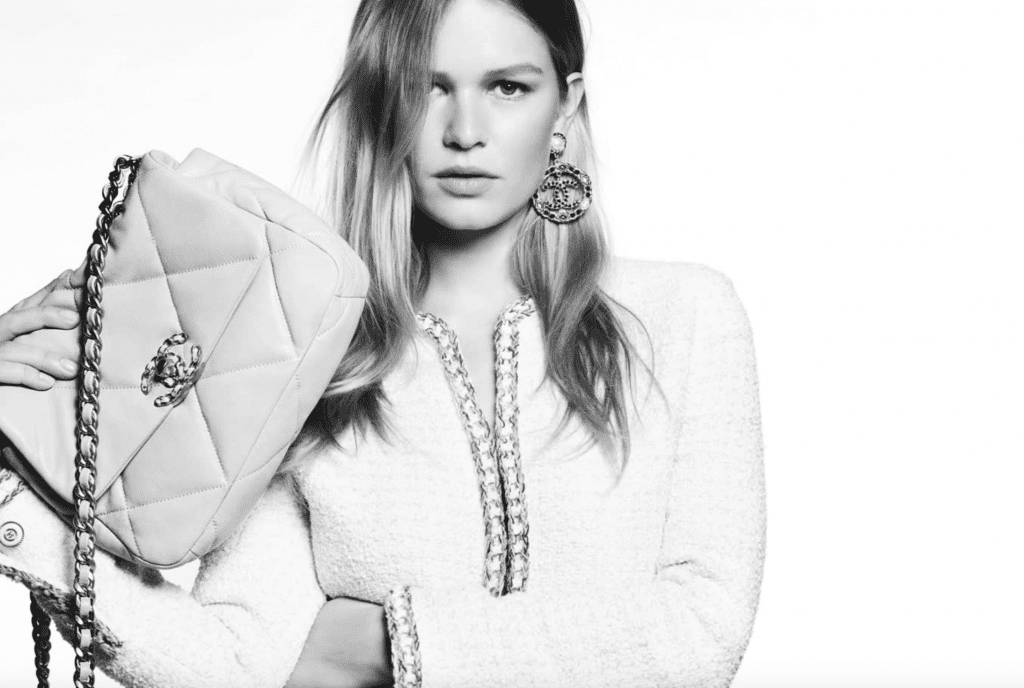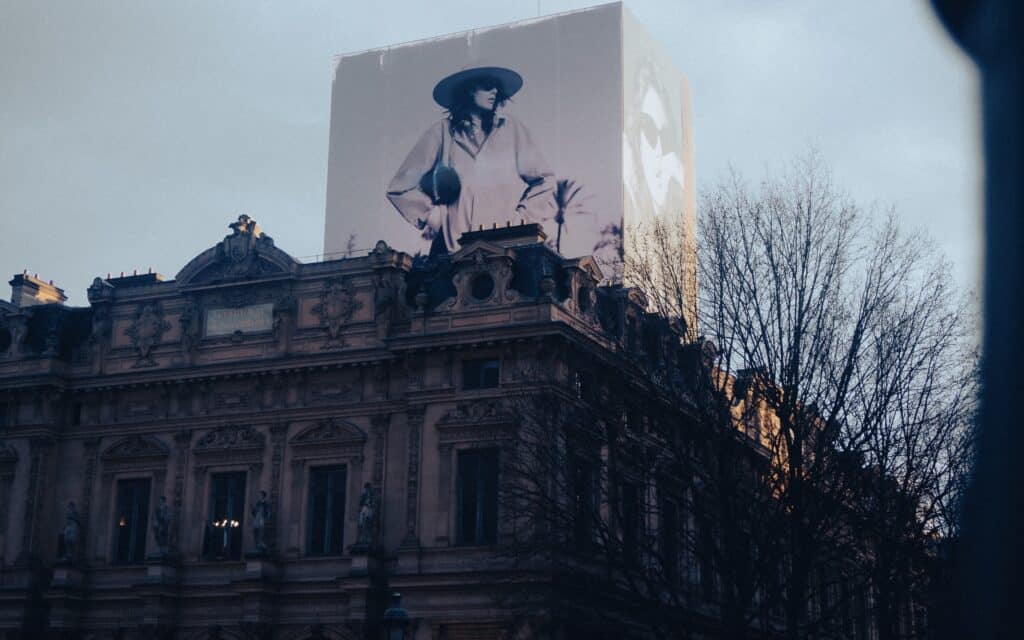Chanel revealed this week that it is upping the prices of a number of its handbag styles and some small leather goods across the globe by between 5 and 17 percent. “The price adjustments only regard Chanel’s iconic handbags, 11.12 and 2.55, as well as Boy, Gabrielle, Chanel 19 bags and certain small leather goods,” the Paris-based brand said in a statement to Reuters, pointing to a rise in the cost of raw materials amid the coronavirus pandemic. The brand emphasized that in making the impending price hikes, it will “avoid excessive price differentials between countries, in line with our commitments regarding price harmonization.”
Meanwhile, Reuters similarly reported that Louis Vuitton had been quietly upping its handbag prices in the United States and Europe, potentially even before the Paris-based luxury goods behemoth revealed that its sales for the first three months of the year fell across all of its business segments, due, in large part, to markedly diminished sales in China in light of the COVID-19 virus. “As an example, its Neverfull MM Monogram bag, which costs $1,500 on its website, was priced at $1,430 at the beginning of May and at $1,320 at the end of October, for an overall increase of nearly 14 percent,” the publication stated. At the same time, Tiffany & Co., which is slated to be brought under the LVMH umbrella later this year, has increased prices of some of its products, namely, in South Korea, with a spokesman saying that the company “regularly reviews its pricing strategy including within each of the markets in which we do business to reflect among other things, currency fluctuations and business input costs.”
At first glance, all signs point to such increases coming as part of the industry’s pattern of price harmonization, which see luxury brands striving to control the prices of their offerings across the globe in order to fight price arbitrage, or the practice of consumers purchasing products in one market in order benefit from lower prices due to fluctuating currencies, and then selling those goods for a higher price in a different market, thereby, giving rise to a burgeoning grey market.
Chanel, after all, has long sought to stomp out the luxury grey market, and in fact, has been one of the most stringent brands when it comes to price uniformity across the globe. Not only does the brand adjust its prices on a bi-annual basis to account for exchange-rate fluctuations and various other market conditions, including manufacturing costs, it regularly boasts in its annual reports that beginning in 2015, it was “the first in our industry sector to introduce worldwide price harmonization for handbags,” a decision that it says was made in order to “reduce price differentials that may have existed across markets and in order to offer our products to all of our clients at a harmonized price, regardless of location.”
In its 2018 report, for instance, the brand states that whole it was “a bold one initially, it was a move in favor of our customers.” With consumers in mind, “and purely out of fairness, it was no longer acceptable for us to allow significant price differentials to develop,” the brand stated in the report, noting that it is “satisfied with how our strategy has played out: The resale market has decreased, the traffic in our boutiques is clearly more balanced, and we have the opportunity to better serve our clients and create an experience in line with our standards of excellence.”
As for whether an attempt to maintain complete control over the how products are sold is the motivation behind brands’ larger quest to raise prices as of late, Reuters says there may be more going on than that, and that “the strongest brands like Louis Vuitton” – which is, by most industry calculations the largest single brand by revenue, followed by Chanel – “could be tempted to push prices up given the hit to sales from the virus crisis, which has caused a freeze on international travel and a recession in Europe and the United States.”
In other words, “It’s a strategy to defend margins,” Luca Solca, luxury goods analyst at Bernstein, told Reuters.
Meanwhile, elsewhere in the market, Cartier, Chloe, Piaget, and Yoox Net-a-Porter’s parent company Richemont revealed on Friday in connection with its full year fiscal report that despite “higher gold prices and a modest increase in costs,” that its prices have remained stable between Europe and China, which Bernstein says “should also be an advantage for the Swiss conglomerate in recapturing Chinese spending” on the mainland. Bernstein says that it expects Richemont to “benefit from a confirmed strong sales rebound in China, where the group operates almost 500 stores.”
Ensuring that luxury goods prices in mainland China are aligned with those in other parts of the world is a priority for brands in order “to encourage Chinese consumers to buy in their own country,” per Reuters. “With global travel not expected to return to normal levels for up to two years, Chinese consumers who used to make two-thirds of their luxury purchases abroad will largely be shopping at home, accelerating a trend that was already under way.”
UPDATED (June 20, 2020): Gucci has raised the price of handbags by up to 9 percent, per Reuters, which cited Jefferies luxury goods analyst Flavio Cereda, who “compared prices in various countries of two Gucci handbags – the $2,290 Dionysus and the $2,980 Zumi – in May and June and found price increases for both in Italy, Britain and China of between 5 percent and 9 percent.” Cereda stated, “We are unsurprised that Gucci, another brand with strong brand heat, is following suit with opportunistic price increases in an attempt to mitigate revenue contraction.”
UPDATED (November 8, 2020): Chanel has announced that it will raise prices for the second time in 2020. In a statement responding to a Reuters query, Chanel said the latest price increases were “the consequence of recent significant exchange rate fluctuations between the euro and certain local currencies,” without giving further details. “These adjustments are made in all the countries where it is necessary and are the guarantee that Chanel items are sold at equivalent price levels throughout the world,” it said, adding this was particularly important at a time when international travel is very limited.











